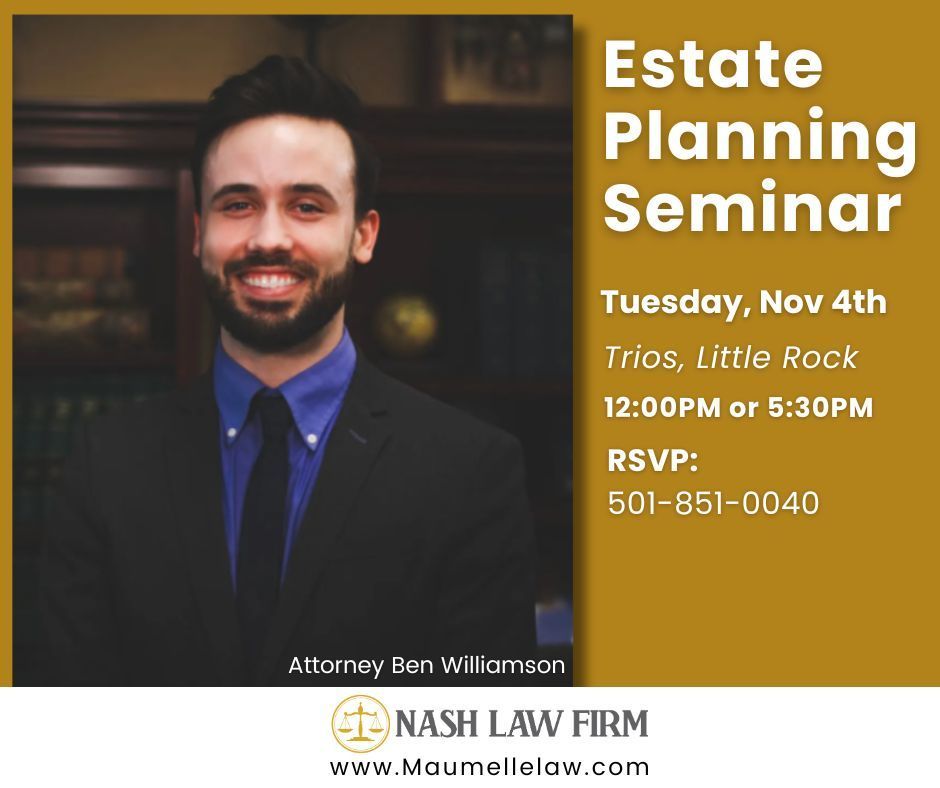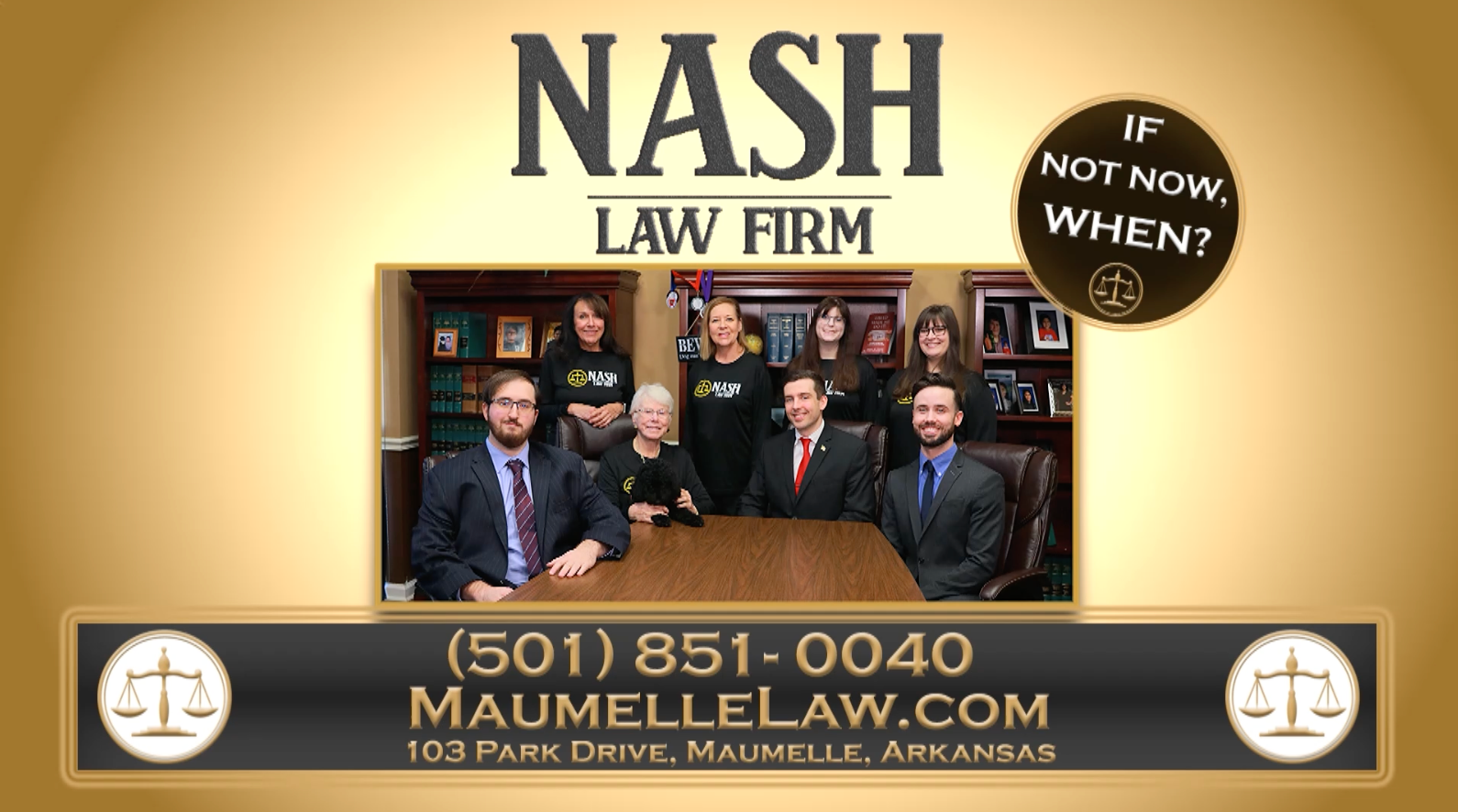Common Questions About Estate Planning: Answered
If you're thinking about preparing an estate plan, or updating an existing one, it's important to understand the basics. Here are the most common questions about estate planning answered:
"Who needs to write a will?"
If you have assets to leave to others, or minor children for whom you must provide for, then you need a will. If you have a spouse or partner, it is not only desirable but also imperative that they be named as the executor of your estate.
If you own any kind of business (including a sole proprietorship), then again it is wise to have a will in order to ensure that ownership passes on appropriately and according to plan.
OR as our lead attorney here at Nash Law Firm Mary Nash always says "If you have a dollar and two relatives, you need to do some estate planning!".
"What will happen if I don't have a will?"
If you don't have a will, state law will determine who inherits your assets and how they're distributed. This means that it may be difficult for your children to inherit as much as they could have if you had a will. Additionally, if you die without a will in place (or any other estate planning documents), there's no guarantee that the people who would've been appointed by the terms of your last will and testament—your "executor"—will actually follow through on their responsibilities. For example:
-
If one child is an adult with no dependents and another is a minor with one or more minor children, state laws about intestacy (the process by which property passes from one person to another when there isn't a valid last will) may dictate that the adult gets all of his or her inheritance while the younger siblings receive nothing at all; or
-
The parents' wishes may be ignored by courts because they haven't filed proper adoption paperwork before death; or
-
A disabled child's guardian might be replaced by someone else under state law
"What is a power of attorney?"
The power of attorney is a legal document that gives someone else the ability to act on your behalf. It's not just limited to financial matters, either. The person you appoint as your power of attorney can be given the authority to make health care decisions for you if necessary, or can be tasked with managing any other aspect of your life they feel comfortable handling.
"How do I know if I need a trust?"
If you're wondering whether or not you need a trust, here are some facts to consider:
Trusts can help avoid probate. When you die, your assets are subject to probate (a court-managed process of paying debts and distributing property). The cost of probate is often high—often $10,000 or more in legal fees—and can be avoided by having your estate plan include a trust. A well-designed trust will allow for control of property without the need for court supervision, which can save time and money on taxes and fees during an already stressful time.
"Do I need an estate attorney?"
An estate attorney is required to draft a will and trust, because these documents are intricate and contain legal language that is specific to the laws in your state. They also must be executed correctly for them to take effect.
It's important to have an estate plan in place, regardless of the size of your assets.
You need to make sure that the people closest to you are protected and taken care of in the event of your death. In addition, it's important for your wishes and legacy to be passed down from generation to generation as well.
In Conclusion
Being sure your estate is in order can be overwhelming, but it's an important step to take. You don't want to think about the details of your death and how it may affect those you love when you are healthy and happy. But if something does happen, having a plan will ensure that your wishes are followed and that things run smoothly for everyone involved.
When you're ready to plan for your future, contact our team of experienced estate planning attorneys at Nash Law Firm. Call today to get started!









![Nash Law Firm Logo [click to return home] Nash Law Firm](https://lirp.cdn-website.com/8c4d5b2c/dms3rep/multi/opt/nashlogo_colorgray_horz-1920w.png)



![Nash Law Firm Logo [click to return home] Nash Law Firm Logo](https://lirp.cdn-website.com/8c4d5b2c/dms3rep/multi/opt/nashlogo_whgold_horz-1920w.png)

